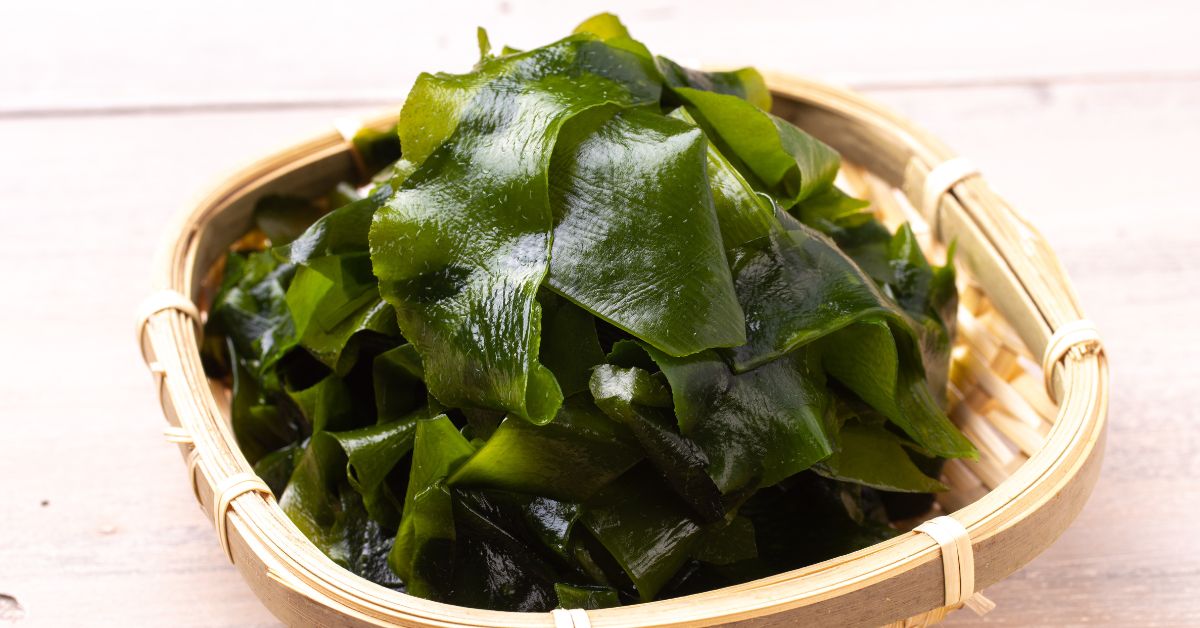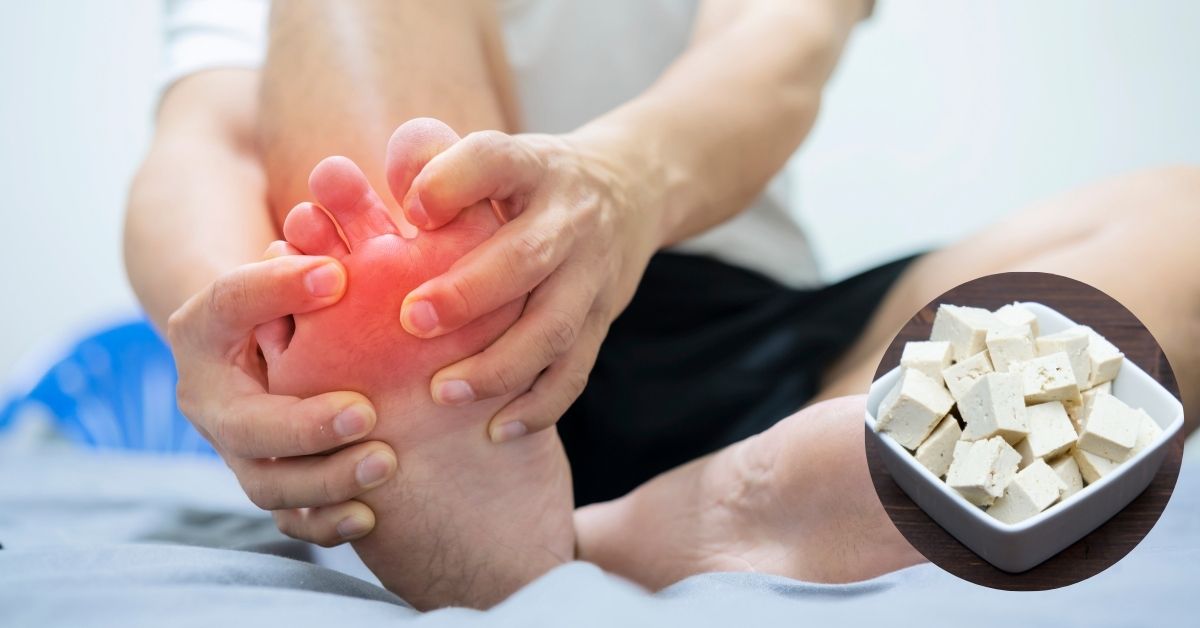Pregnancy is a delicate time, and what you consume can significantly impact your unborn child’s health. Many expectant mothers know certain foods to avoid, but an important question remains: “What drinks increase the risk of miscarriage?“. This article will explore three surprising beverages that could elevate the chances of miscarriage, shedding light on the hidden dangers in your cup. We’ll dive into the science behind these risks, offer practical advice for pregnant women, and suggest healthier alternatives to help both you and your baby stay safe and healthy.
Understanding Miscarriage and its Causes
What is Miscarriage?
Miscarriage, the spontaneous loss of a pregnancy before the 20th week, is a heart-wrenching experience that affects countless women worldwide. It’s a topic shrouded in silence, yet understanding its causes can empower expectant mothers to make informed decisions.
Common Causes of Miscarriage
While many miscarriages occur due to chromosomal abnormalities, other factors can play a role:
- Maternal age
- Hormonal imbalances
- Uterine or cervical issues
- Infections
- Chronic health conditions
Role of Lifestyle Factors in Miscarriage
Lifestyle choices, including diet and beverage consumption, can significantly influence pregnancy outcomes. Let’s examine three unexpected drinks that might increase miscarriage risk.

Alcoholic drinks are seriously harmful to the fetus
3 Beverages That Could Increase Miscarriage Risk
Caffeine: A Common Culprit You Might Not Realize
That morning cup of joe might be more harmful than you think. Caffeine, a stimulant found in coffee, tea, and some sodas, can cross the placental barrier and affect fetal development.
How Much Caffeine is Too Much?
| Caffeine Source | Amount | Caffeine Content |
|---|---|---|
| Brewed Coffee | 8 oz | 95-200 mg |
| Black Tea | 8 oz | 14-70 mg |
| Cola | 12 oz | 23-35 mg |
Experts recommend limiting caffeine intake to less than 200 mg per day during pregnancy.
The Link Between Caffeine and Miscarriage Risk
Studies suggest that high caffeine consumption (more than 200 mg daily) may double the risk of miscarriage. The exact mechanism isn’t fully understood, but it’s believed that caffeine’s vasoconstrictive properties may reduce blood flow to the placenta.
Reducing Caffeine Intake During Pregnancy
- Opt for decaf versions of your favorite beverages
- Try herbal teas like peppermint or ginger
- Gradually decrease caffeine consumption to minimize withdrawal symptoms
Alcoholic Beverages: A Known Threat
While most women know to avoid alcohol during pregnancy, it’s crucial to understand why even small amounts can be detrimental.
The Dangers of Alcohol During Pregnancy
Alcohol readily crosses the placenta, exposing the developing fetus to the same blood alcohol concentration as the mother. This exposure can lead to a range of developmental issues and increase the risk of miscarriage.
Fetal Alcohol Spectrum Disorders (FASD)
FASD encompasses a range of physical, behavioral, and learning problems caused by prenatal alcohol exposure. These effects can be lifelong and irreversible.
Why Zero Alcohol is Best During Pregnancy
There’s no known safe amount of alcohol during pregnancy. The safest choice is to abstain entirely throughout gestation and while breastfeeding.
Sugary Drinks: More Than Just Empty Calories
You might be surprised to learn that your favorite soda or sweetened tea could pose risks to your pregnancy.
The Role of Sugar in Pregnancy
While some sugar is necessary for fetal development, excessive consumption can lead to:
- Gestational diabetes
- Excessive weight gain
- Increased inflammation
The Potential Impact of Sugary Drinks on Miscarriage
Recent research suggests a correlation between high sugar intake and increased miscarriage risk. One study found that women who consumed more than 100 grams of sugar daily had a 50% higher risk of miscarriage compared to those who consumed less.
Why Opt for Healthy Alternatives
Choosing nutrient-dense beverages can support both maternal and fetal health. Consider these options:
- Infused water with fresh fruits or herbs
- Coconut water for natural electrolytes
- Freshly squeezed vegetable juices

Be alert if you notice signs of miscarriage or ectopic pregnancy.
What to Drink During Pregnancy: Healthy Hydration Options
The Importance of Staying Hydrated
Proper hydration is crucial during pregnancy, supporting amniotic fluid production, reducing the risk of urinary tract infections, and preventing constipation.
Water: The Essential Drink for Pregnancy
Nothing beats plain water for optimal hydration. Aim for 8-10 glasses daily, adjusting based on your activity level and climate.
Other Healthy Beverage Choices
| Beverage | Benefits |
|---|---|
| Milk | Calcium, vitamin D, protein |
| Smoothies | Fiber, vitamins, minerals |
| Bone broth | Collagen, minerals |
When to Seek Medical Advice
Recognizing Signs of Miscarriage
Be vigilant for these potential warning signs:
- Vaginal bleeding or spotting
- Severe abdominal pain or cramping
- Passage of tissue or clots
- Sudden decrease in pregnancy symptoms
Importance of Early Detection
Prompt medical attention can sometimes prevent miscarriage or provide necessary care. Don’t hesitate to reach out to your healthcare provider with concerns.
Talking to Your Doctor
Open communication with your obstetrician is vital. Discuss your diet, including beverage choices, to ensure you’re making the best decisions for your pregnancy.

Always follow your doctor’s instructions and do not take any medication on your own during pregnancy.
Final Thoughts: A Holistic Approach to Pregnancy Health
Beyond Beverages: Lifestyle Habits for a Healthy Pregnancy
While avoiding risky drinks is important, remember that overall health involves multiple factors:
- Regular prenatal check-ups
- Balanced nutrition
- Moderate exercise (as approved by your doctor)
- Stress management techniques
- Adequate sleep
Supporting a Healthy Pregnancy Journey
Pregnancy is a transformative experience, and every woman’s journey is unique. By making informed choices about what you consume, including the beverages you drink, you’re taking proactive steps to support your health and that of your developing baby. Remember, knowledge is power – use this information to navigate your pregnancy with confidence and care.
5 frequently asked questions closely related to the topic “What drinks increase the risk of miscarriage?
Is it safe to drink coffee during pregnancy?
Answer: Coffee consumption during pregnancy is a subject of concern for many expectant mothers. While moderate caffeine intake (less than 200mg per day) is generally considered safe, high caffeine consumption has been linked to an increased risk of miscarriage. The American College of Obstetricians and Gynecologists (ACOG) recommends limiting caffeine intake to 200mg or less per day, which is equivalent to about one 12-ounce cup of coffee. However, it’s important to note that caffeine is also present in other beverages like tea, cola, and energy drinks. Pregnant women should be mindful of their total caffeine intake from all sources to minimize potential risks to fetal development.
Can drinking alcohol in early pregnancy before knowing I’m pregnant harm the baby?
Answer: Alcohol consumption during any stage of pregnancy, including early pregnancy before a woman knows she’s pregnant, can potentially harm the developing fetus. The Centers for Disease Control and Prevention (CDC) advises that there is no known safe amount of alcohol use during pregnancy. Alcohol can pass through the placenta to the fetus, potentially leading to Fetal Alcohol Spectrum Disorders (FASD) or increasing the risk of miscarriage. If you’ve consumed alcohol before realizing you were pregnant, it’s crucial to stop immediately and consult with your healthcare provider. They can provide guidance and monitor your pregnancy closely.
Are artificial sweeteners in diet sodas safe during pregnancy?
Answer: While artificial sweeteners like aspartame, sucralose, and stevia are generally considered safe during pregnancy when consumed in moderation, concerns have been raised about their potential effects on fetal development. The Food and Drug Administration (FDA) has approved several artificial sweeteners for use during pregnancy, but some studies suggest a possible link between high consumption of artificially sweetened beverages and preterm birth. Additionally, diet sodas often contain caffeine, which should be limited during pregnancy. It’s advisable to consult with your obstetrician about your individual circumstances and consider opting for healthier alternatives like water, milk, or natural fruit-infused water.
Can drinking herbal teas increase the risk of miscarriage?
Answer: Some herbal teas can potentially increase the risk of miscarriage or have other adverse effects during pregnancy. While many herbal teas are considered safe, certain herbs like sage, parsley, and licorice root have been associated with uterine contractions or other effects that could be harmful during pregnancy. The American Pregnancy Association recommends avoiding herbs that have stimulating effects or are known to influence hormonal activity. It’s best to stick to herbal teas that are specifically marketed as pregnancy-safe or to consult with your healthcare provider before consuming any herbal teas. Generally, ginger, peppermint, and red raspberry leaf teas are considered safe options for most pregnant women.
How does excessive sugar intake from beverages affect pregnancy?
Answer: Excessive sugar intake from beverages during pregnancy can have several negative impacts. High sugar consumption has been linked to an increased risk of gestational diabetes, excessive weight gain, and potentially a higher risk of miscarriage. A study published in the American Journal of Clinical Nutrition found that women who consumed more than 100 grams of sugar daily had a significantly higher risk of gestational diabetes. Additionally, excessive sugar intake can lead to rapid spikes in blood glucose levels, which may be harmful to fetal development. The World Health Organization (WHO) recommends limiting free sugar intake to less than 10% of total energy intake. Pregnant women should opt for water, low-fat milk, or natural fruit juices without added sugars as healthier alternatives to sugary beverages.
Scientific Research
- Caffeine and miscarriage risk:
- “Maternal caffeine consumption during pregnancy and the risk of miscarriage: a prospective cohort study” by Ling-Wei Chen et al., published in the American Journal of Obstetrics and Gynecology (2016).
- “Caffeine intake during pregnancy, late miscarriage and stillbirth” by Jack E. James, published in the European Journal of Epidemiology (2021).
- Alcohol and miscarriage risk:
- “Alcohol use during pregnancy and risk of stillbirth and spontaneous preterm birth” by Kylie E. Hunter et al., published in International Journal of Epidemiology (2020).
- “Maternal alcohol use during pregnancy and offspring trajectories of height and weight: A prospective cohort study” by Luisa Zuccolo et al., published in Drug and Alcohol Dependence (2017).
- Sugary drinks and pregnancy outcomes:
- “Sugar-sweetened beverage intake in pregnancy and risk of gestational diabetes mellitus” by Cuilin Zhang et al., published in Diabetes Care (2017).
- “Association between sugar-sweetened and artificially sweetened soft drinks and preterm delivery: a large prospective cohort study” by Linda Englund-Ögge et al., published in The American Journal of Clinical Nutrition (2012).
Kiểm Duyệt Nội Dung
More than 10 years of marketing communications experience in the medical and health field.
Successfully deployed marketing communication activities, content development and social networking channels for hospital partners, clinics, doctors and medical professionals across the country.
More than 6 years of experience in organizing and producing leading prestigious medical programs in Vietnam, in collaboration with Ho Chi Minh City Television (HTV). Typical programs include Nhật Ký Blouse Trắng, Bác Sĩ Nói Gì, Alo Bác Sĩ Nghe, Nhật Ký Hạnh Phúc, Vui Khỏe Cùng Con, Bác Sỹ Mẹ, v.v.
Comprehensive cooperation with hundreds of hospitals and clinics, thousands of doctors and medical experts to join hands in building a medical content and service platform on the Doctor Network application.

























